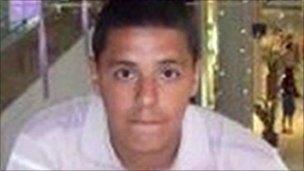Man released after joint enterprise conviction quashed
- Published
John Crilly had his murder conviction quashed after a landmark challenge.
A man has been released from prison after becoming the first person since 2016 to have a joint enterprise murder conviction quashed.
Joint enterprise is used to convict defendants in gang-related cases even if they did not strike the fatal blow, but could have foreseen violent acts by their associates.
But in 2016, Supreme Court judges said the law had been wrongly interpreted.
John Crilly has been released after serving 13 years in prison.
He was given a life sentence for murder and robbery in 2005 after he and his associate David Flynn broke into the home of 71-year-old Augustine Maduemezia in Manchester.
Mr Maduemezia died after being punched in the face by Flynn.
The joint enterprise law has also been used in a number of high profile cases - including to convict members of the gang who murdered Stephen Lawrence.
But judges ruled it was wrong to treat "foresight" as a sufficient test.
'No intent to kill'
During his time in prison, Crilly started a law degree. When he heard about the overturning of the joint enterprise law in 2016, he believed it would apply to his case.
He told BBC Radio 5 live he believes he should never have been convicted of murder in the first place.
"I wasn't a violent drug addict. I was lost. I was lost in drugs. I had a bad life, I've changed it, but I wasn't guilty of murder. I totally accept what I did and it was wrong. That's important to me. I'm not a murderer."
After appeal, Crilly pleaded guilty to manslaughter.
After the ruling there were fears a slew of appeals from criminals challenging their convictions would come forward - but that has not yet materialised.
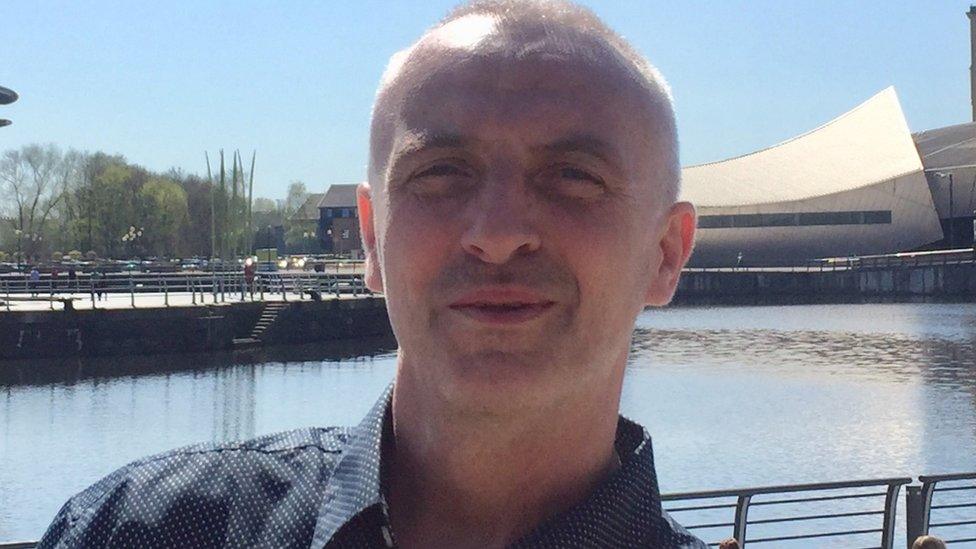
Crilly pleaded guilty to manslaughter after his murder conviction was overturned
Crilly said: "If you take the foresight burden of proof away, and go on intent, which you're supposed to do, it's impossible to convict me of murder. So it's that simple really."
The family of Mr Maduemezia told the BBC they wanted to put the events behind them.
Crilly said: "If they ever want to meet me, I know it's going to be difficult but I'm prepared to do anything I can, I'm prepared to help them in any way, I am just sorry."
The BBC is aware of at least two other cases which are set to challenge a conviction for murder under joint enterprise.
'Anger and disappointment'
Mr Maduemezia's family said in a statement to the BBC: "This incident had a devastating effect on the family who took a number of years to come to terms with their father's death.
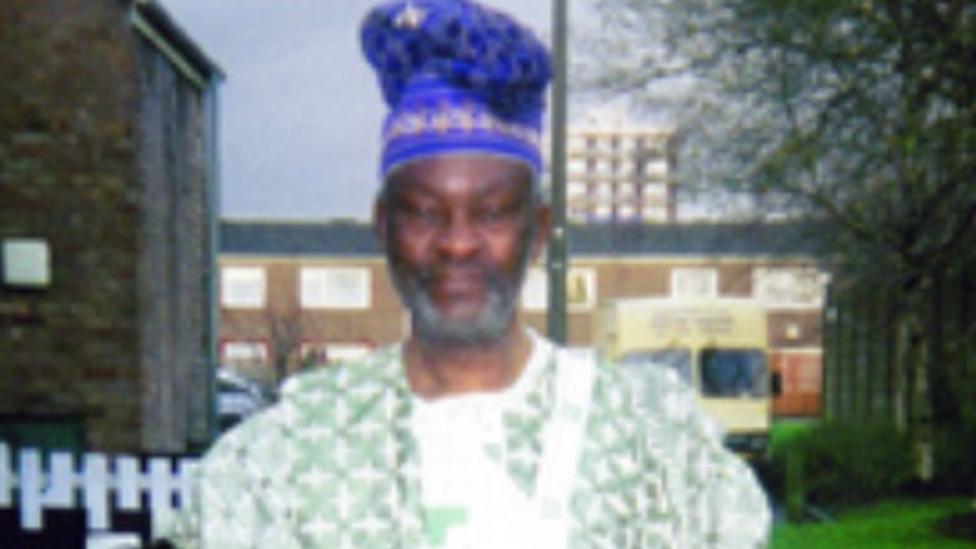
Augustine Maduemezia was murdered at his home in Manchester
"You can then imagine their anger and disappointment when they were informed by the police that Mr Crilly had launched a second appeal against his conviction (his first in 2007 failed). His appeal was granted at the High Court.
"It was sickening to hear that he was walking away without completing his sentence for his part in the murder of our father.
"These High Court rulings which lean too favourably towards the offenders and virtually casting aside the opinions, consideration and feelings of victims and their families, help to corrode and undermine public confidence in the justice system.
"We are led to understand that Crilly has turned his life around whilst in prison and has even acquired a law degree. At least he is alive. We wish him well but also wish that our father were alive and free to live his life.
"Despite these disappointments, the family has decided to move on. We are thankful to be public and fully appreciate their support throughout this ordeal."
- Published18 February 2016
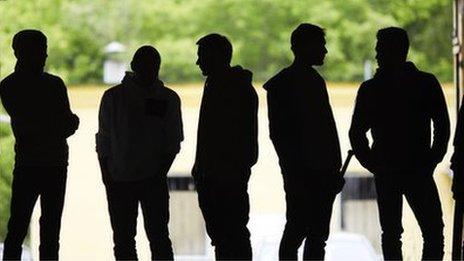
- Published18 February 2016
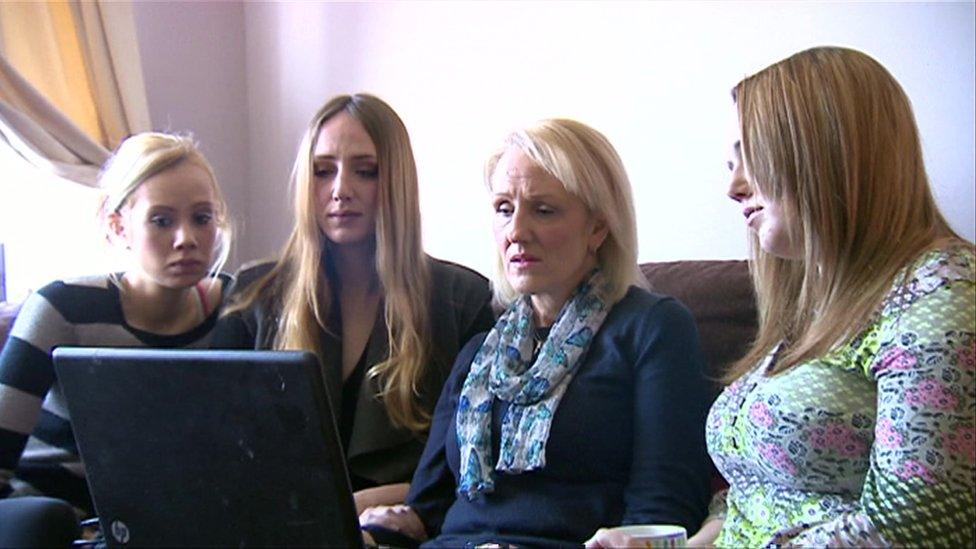
- Published17 December 2014

- Published27 October 2015
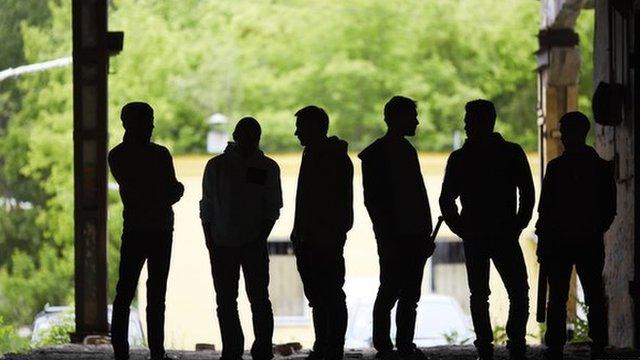
- Published24 April 2013
